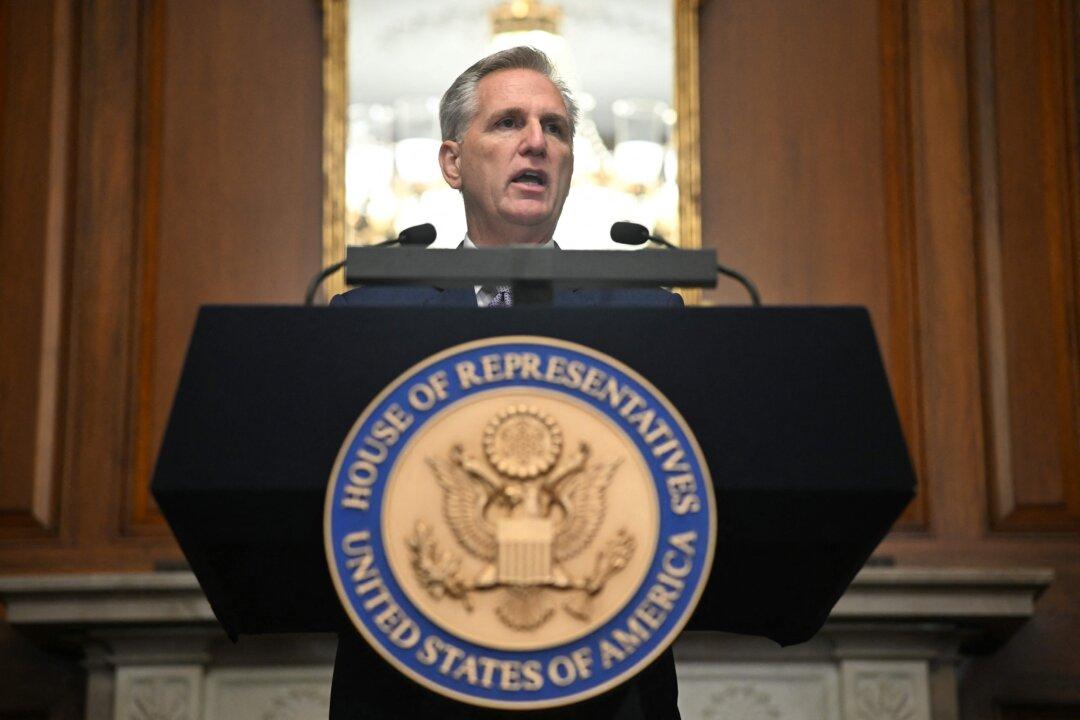Commentary
House Speaker Kevin McCarthy and his predecessor Nancy Pelosi shared an essential strength in modern-day politics that gave them an edge when it came to clawing their way to the top of their parties.

House Speaker Kevin McCarthy and his predecessor Nancy Pelosi shared an essential strength in modern-day politics that gave them an edge when it came to clawing their way to the top of their parties.